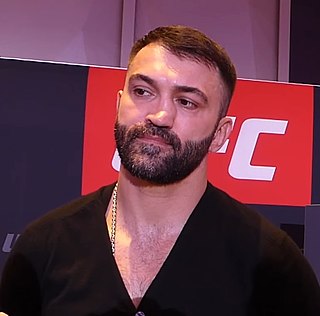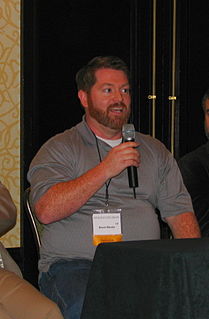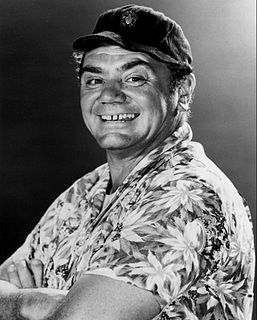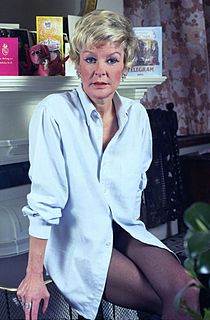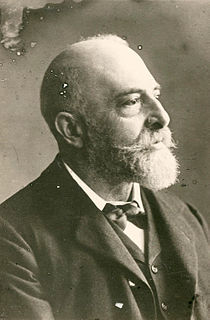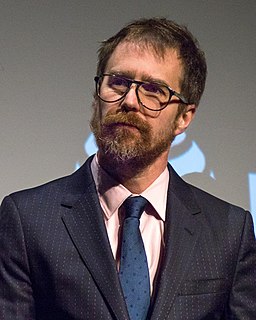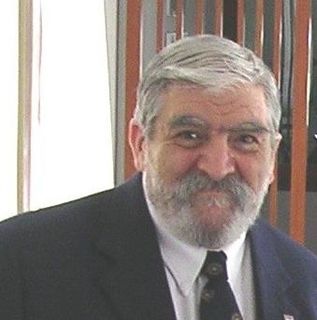A Quote by Alan Perlis
Often it is the means that justify the ends: goals advance technique and technique survives even when goal structures crumble.
Related Quotes
Life is nothing in itself. It’s a place marker that proves who’s winning, and we are the winners. We are always the winners. There is nothing but the winning. Even winning means nothing. We win because it’s an insult to lose. The ends don’t justify the means. The means don’t justify the ends. There is no one to justify to. There is no justice.” ~ Durzo Blint
I do think there is great strength, though, in starting a sermon with a story, then returning to that story at the end. That puts book ends to a sermon. It is a real simple technique that communicates to the audience that there is a sense of closure, that they have a package here, or we began and we closed with this. I think that's just a nice technique.

